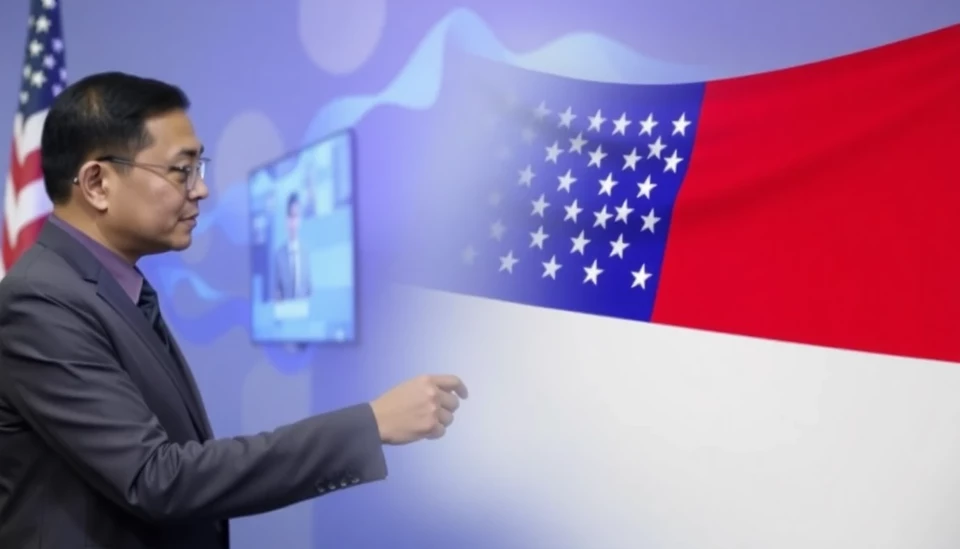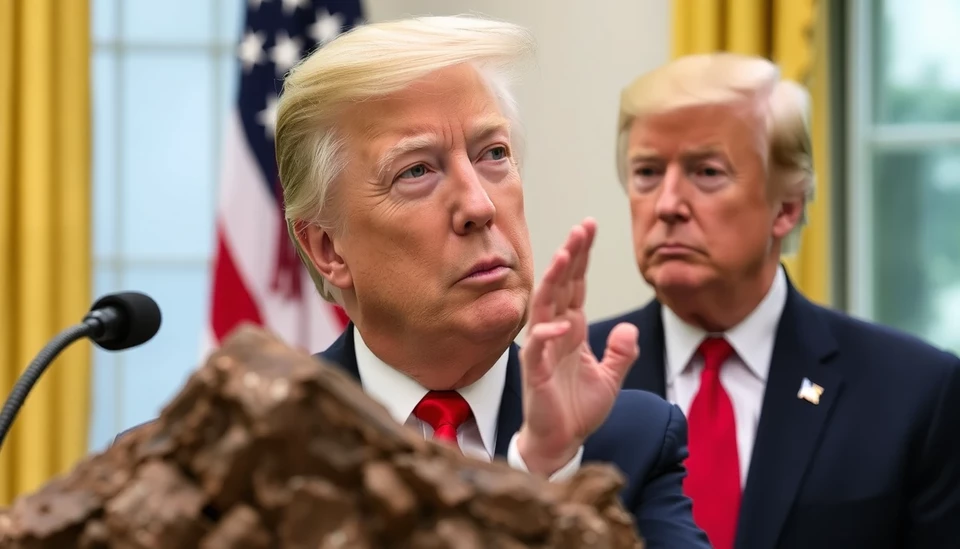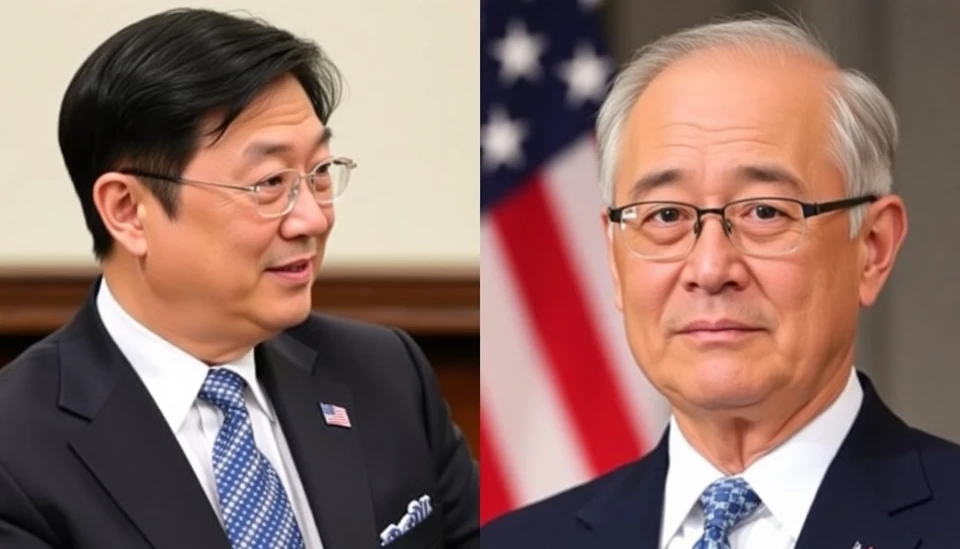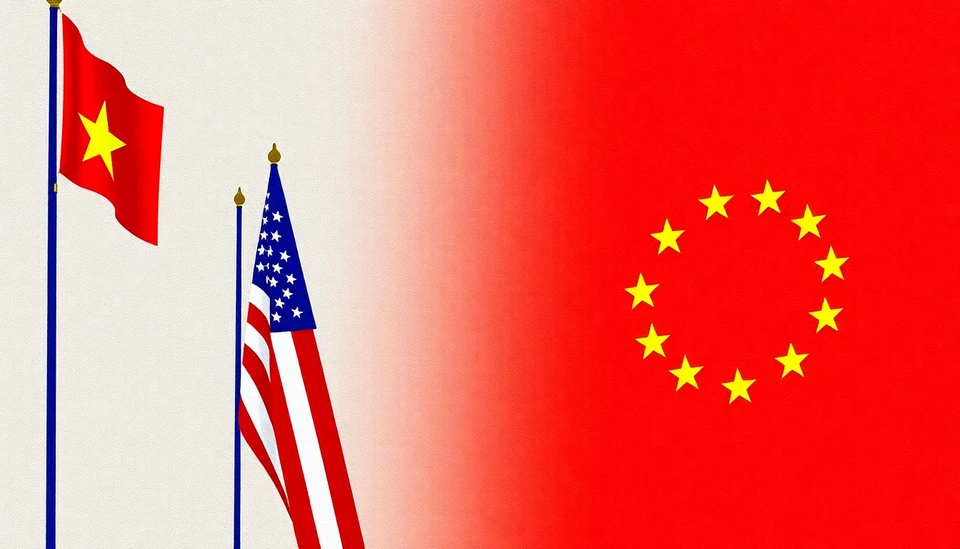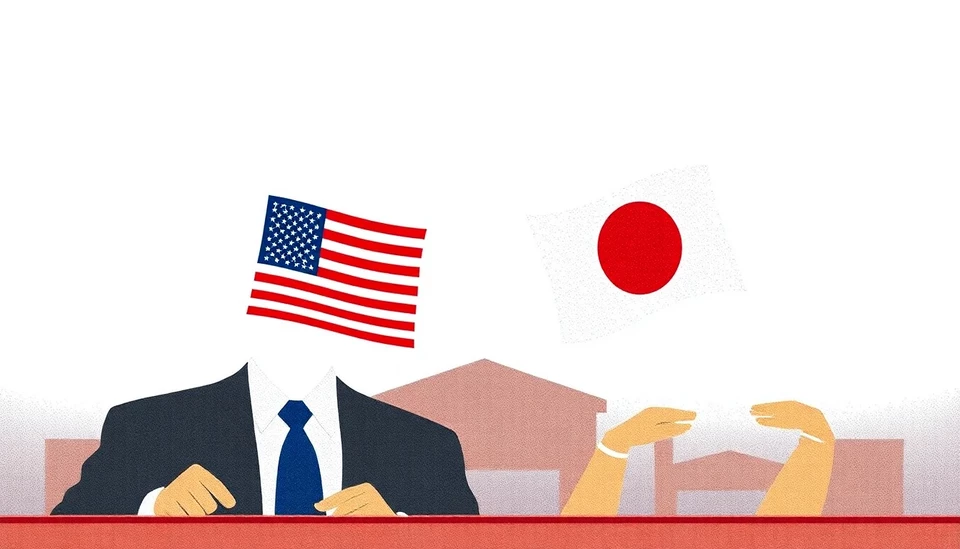
In a significant development in international trade relations, the United States and Japan have commenced formal discussions aimed at addressing tariff issues without delving into foreign exchange policy. This move marks a pivotal moment in trade negotiations between the two economic powerhouses, reflecting a focused approach to tariff adjustments amidst ongoing global economic fluctuations.
The talks, which officially started on April 17, 2025, are designed to streamline trade and enhance economic collaboration between the two nations. Officials from both sides are expected to tackle critical tariff-related matters, including the mutual reduction of import taxes on various goods and services, to bolster bilateral trade flows. Given both countries' reliance on each other for essential exports and technology, these discussions come at an opportune time.
One of the notable aspects of the recent negotiations is the decision to exclude discussions on foreign exchange rates. This strategy aims to simplify and expedite the tariff conversation, allowing negotiators to concentrate on specific trade barriers. Analysts suggest that this separation could prevent potential conflicts that may arise from currency valuations, which often complicate trade discussions and can lead to diplomatic tensions.
The U.S. Trade Representative's office has indicated that a primary goal of these negotiations is to create a more equitable trading environment that fosters growth while addressing longstanding grievances related to tariffs and trade imbalances. Economic experts believe that an agreement could yield substantial benefits for both nations, enhancing competitiveness in global markets.
Japan, for its part, is keen to address its export tariffs, particularly on agriculture and automobiles, to facilitate smoother trade with the United States and improve its economic standing. As a major player in the automotive industry, Japan's adjustments could significantly influence pricing and availability of vehicles in the U.S. market.
While the exclusion of forex discussions has relieved some immediate concerns, it has not fully assuaged skeptics. Economic analysts remain cautious, noting that the intricate relationship between trade and currency can lead to complications down the line if left unaddressed. The success of the tariff negotiations could lead to a renewed focus on foreign exchange issues, should the current discussions evolve positively.
In summary, as the U.S. and Japan move forward with these crucial tariff negotiations, both countries are poised to reshape their economic partnership in ways that could reverberate globally. This indicates a strategic approach that not only addresses current trade challenges but also sets the groundwork for future cooperation.
As the discussions progress, stakeholders in various industries will be closely monitoring outcomes, hopeful for a more favorable trading landscape in the wake of tariff adjustments while remaining vigilant about the potential implications of currency fluctuations in subsequent talks.
#USTrade #JapanTrade #TariffTalks #GlobalEconomy #TradeRelations #ForexExclusion
Author: Rachel Greene
